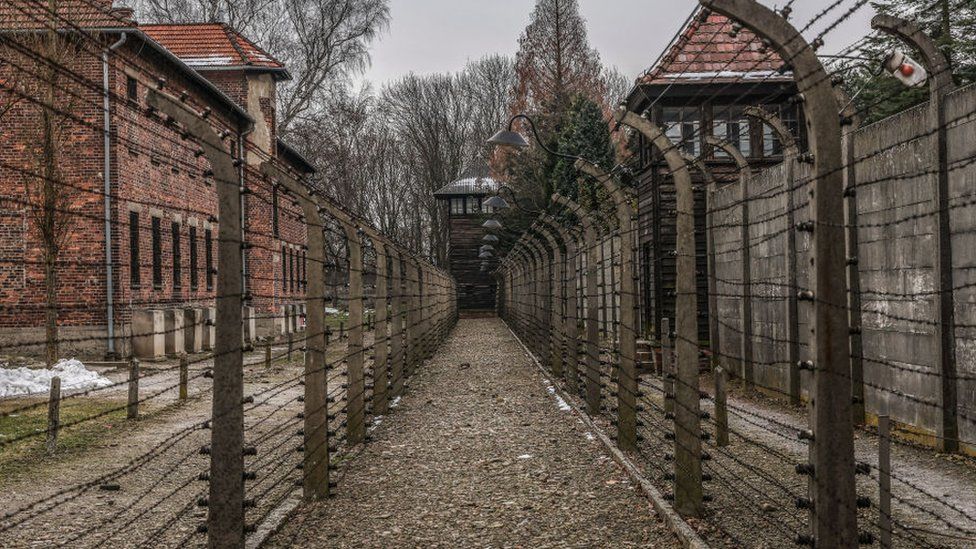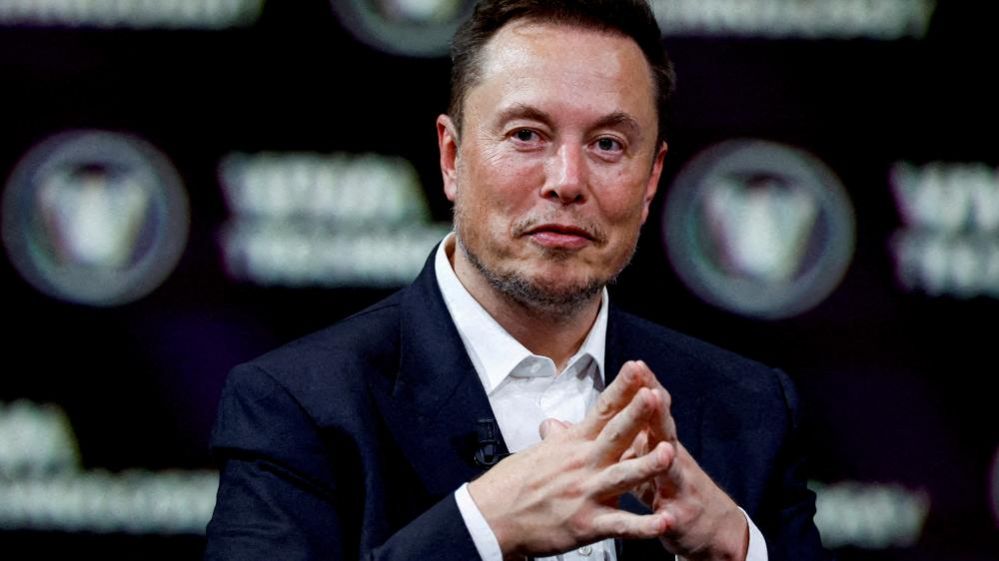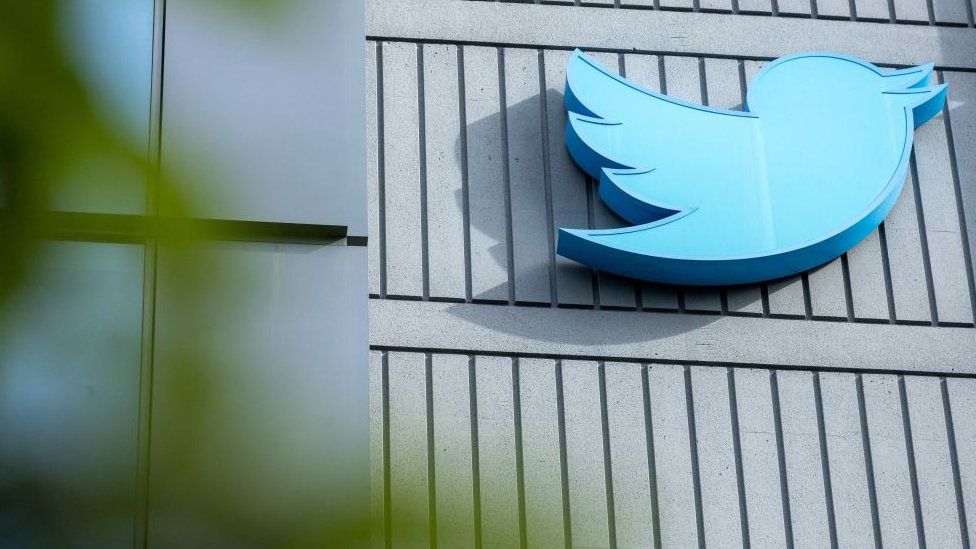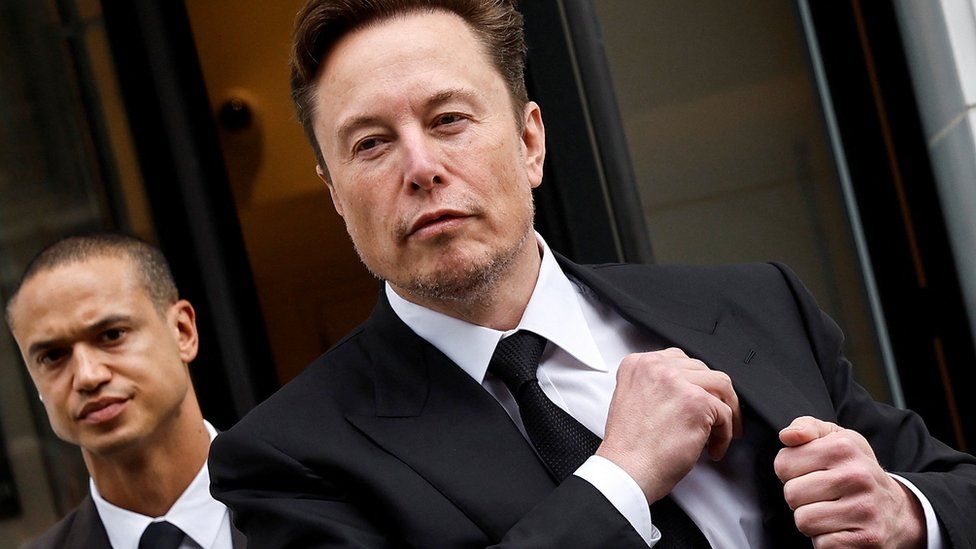X removes Holocaust denying post after Auschwitz Museum criticism

X, formerly called Twitter, has removed a post denying the Holocaust after criticism from the Auschwitz Museum. The social media platform had initially said the post did not break its rules.
The offensive post was a reply to one from the museum about a three year-old Jewish girl murdered in the concentration camp’s gas chambers.
The post called her death a “fairy tale” and used anti-Semitic tropes.
X’s policies state that Holocaust denial is prohibited.
At least 1.1 million people were murdered in the Auschwitz concentration and extermination camp in Poland. Almost one million were Jews. The museum notes more than 200,000 were children and young people.
They were gassed, starved, worked to death and killed in medical experiments.
According to a post on X by the Memorial and Museum Auschwitz-Birkenau, it had reported the offensive reply but received a response saying that after viewing the “available information” the platform had decided no rules had been broken.
That initial response to the museum’s complaint, according to X, was down to a mistake during the first review – it was escalated and removed in a second review.
“Violent event denial” is banned under X’s policies on abusive behaviour. The platform says it prohibits content denying that mass murder took place which “includes, but is not limited to, events like the Holocaust, school shootings, terrorist attacks, and natural disasters”.
The X account which made the offensive post on Sunday has 20 followers.
While X says it has removed the post, the account was still accessible as of Monday 17:00 GMT. Its other content includes statements and language many would find offensive.
The company says it is reviewing whether the account should be permanently suspended.
Zero tolerance
Elon Musk – who describes himself as a free speech absolutist – denies there has been a rise in hateful posts since he took over Twitter as it was then called. In December, he tweeted that hate speech was down by a third.
X concedes that its team responsible for policing hate speech on the platform is smaller than before Mr Musk took over. But it argues its new approach – which it says centres around a zero tolerance for illegal material, and de-amplifying and removing ads from lawful but offensive material – is more effective.
But others dispute that things have improved.
An Institute for Strategic Dialogue report suggested that there had been “a major and sustained spike in anti-Semitic posts on Twitter” since the company’s takeover by Mr Musk in October.
The Centre for Countering Digital Hate (CCDH) has also suggested that Twitter “fails to act on 99%” of hateful messages from accounts with Twitter Blue – the platform’s subscription service.
It says that posts containing racist, homophobic, neo-Nazi, anti-Semitic or conspiracy content were still visible days after being reported.
However X Corp has launched legal action against the CCDH, and in a legal letter its lawyer, Alex Spiro, argued that the research was “little more than a series of inflammatory, misleading, and unsupported claims based on a cursory review of random tweets”.
The decision under Elon Musk to reinstate previously banned accounts, including the account of a neo-Nazi website founder, has also been heavily criticised.
When BBC Monitoring analysed over 1,100 previously banned X accounts that were reinstated under Elon Musk, it found that 190 of them were promoting hate and violence, including depictions of rape as well as abuse directed at women and the LGBT community.
But X argues the experience of researchers who look for offensive content is different from that of ordinary users who stand little chance of encountering it.



